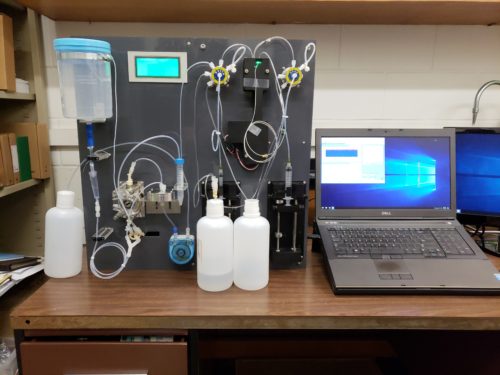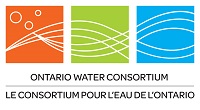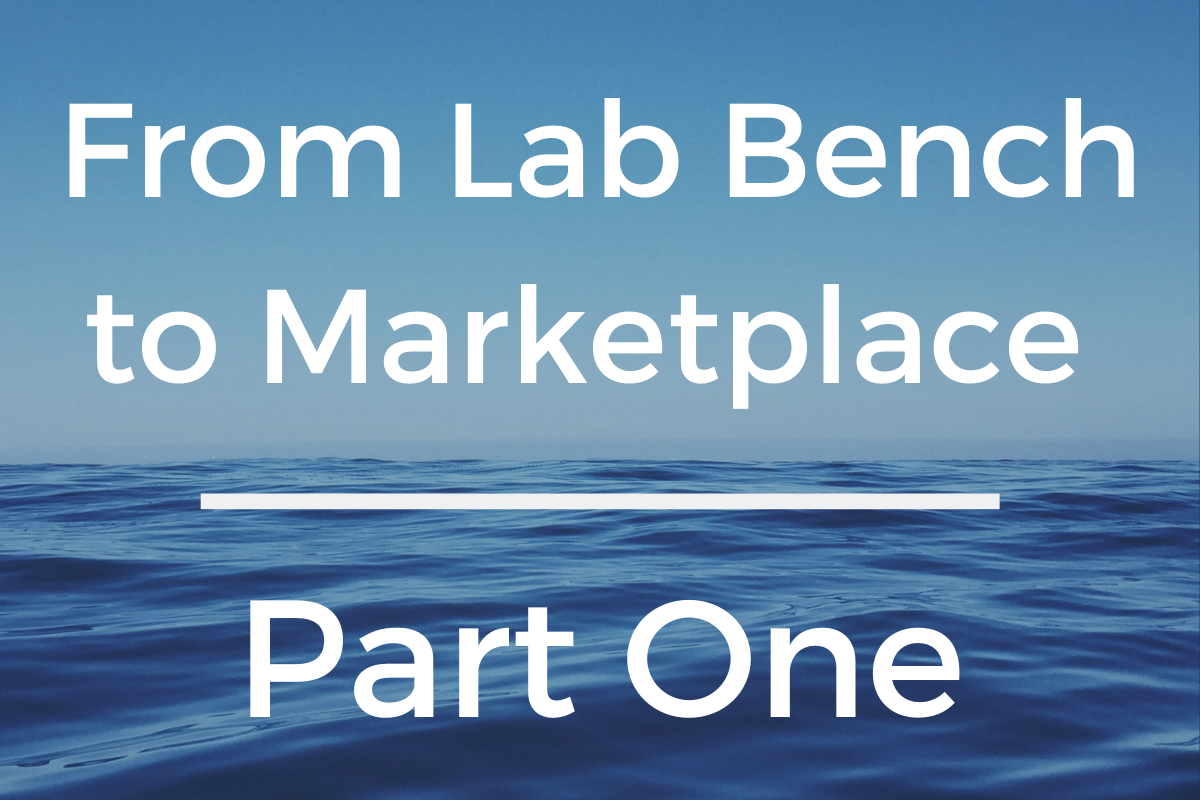How Ontario’s researchers are transforming the water sector
Taking promising research from the lab bench to the marketplace isn’t a simple journey. But with a little help, investigators at Ontario universities are commercializing their discoveries. And the technologies they’ve developed — from high-tech sensors to artificial intelligence and nano-catalysts — promise to change water monitoring, distribution and treatment, both locally and globally.
In Part One of this mini series, learn about how McMaster University engineering professor Chang-qing Xu and Forsee Instruments are commercializing their photonic sensors technology, able to detect E. coli contamination within an hour.
Zeroing in on E. coli contamination

Photonic sensor technology. Copyright: Chang-qing Xu
When McMaster University engineering professor Chang-qing Xu showed off his photonic sensors to potential partners in China a few years ago, they had one question: “Can it detect E. coli?” In Beijing, where each building typically has its own water tank, collecting samples from each one and sending them to a lab for microbiological testing simply isn’t feasible.
Xu had never considered that application, but the idea intrigued him. So he went back to the lab and started tackling the key challenges: finding ways to concentrate the bacteria, tag them with fluorescent antibodies and count them accurately. Ultimately, he and his students developed a system that could produce readings within an hour.
To bring that technology to market, McMaster teamed up with China’s Jiangsu Delin Environmental Protection Co. and launched a startup: Forsee Instruments. The joint venture gave Forsee office space at McMaster and access to Xu’s lab to further develop the detection technology.
It takes lots of validation to bring new technology to market. That’s why support from OWC’s Advancing Water Technologies program proved so valuable. “Because of this program, we were able to develop a working prototype,” Xu explains. “This is very important. With this prototype, Forsee can attract several key customers.”
Today, a company in Singapore has purchased one, and Forsee has several more sales lined up in China. Now the challenge is to produce the devices at an attractive price.
As it enters this new phase, the startup recently expanded into their own facility off-campus and hired more employees. Meanwhile, Xu is working with Forsee to extend the technology to cyanobacteria detection and also develop laser-based technology to detect heavy metals in water.


